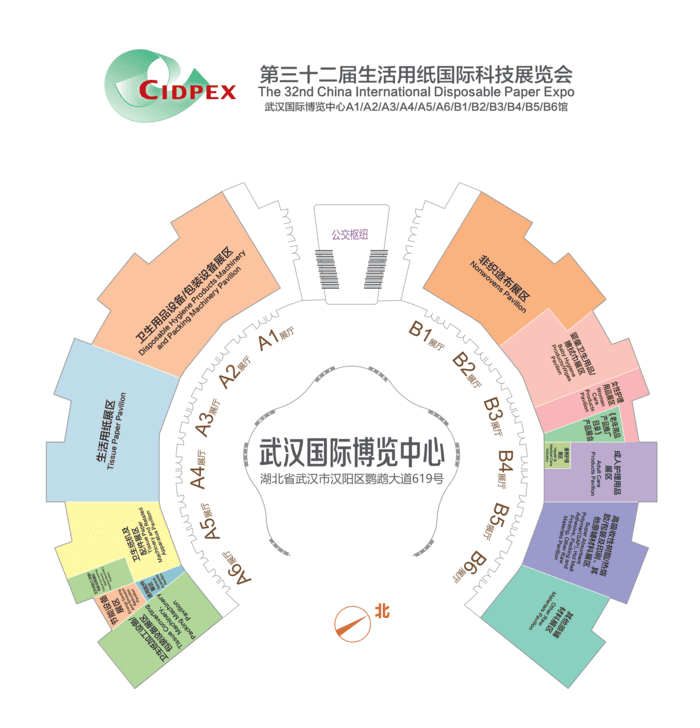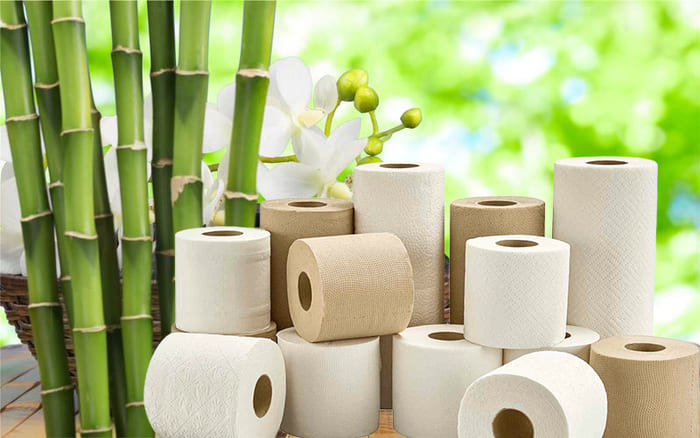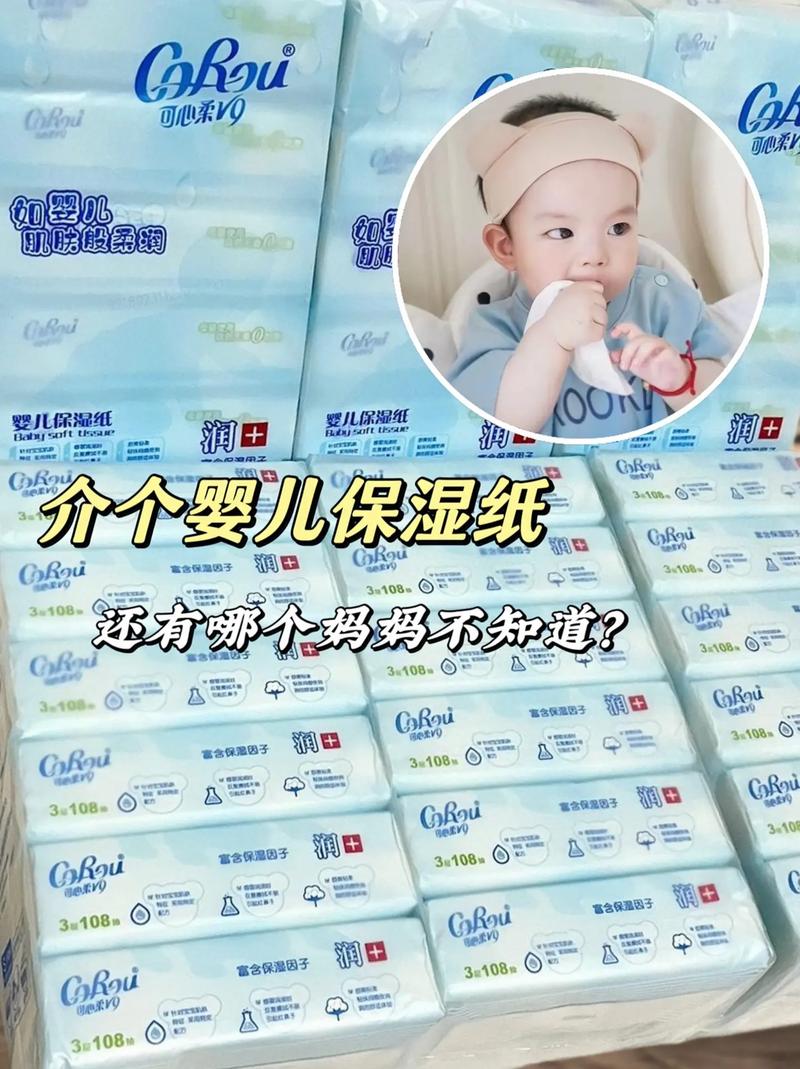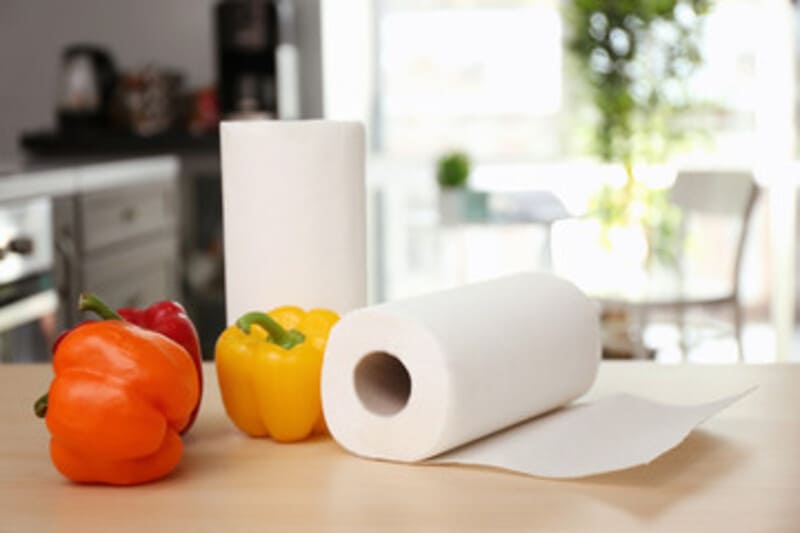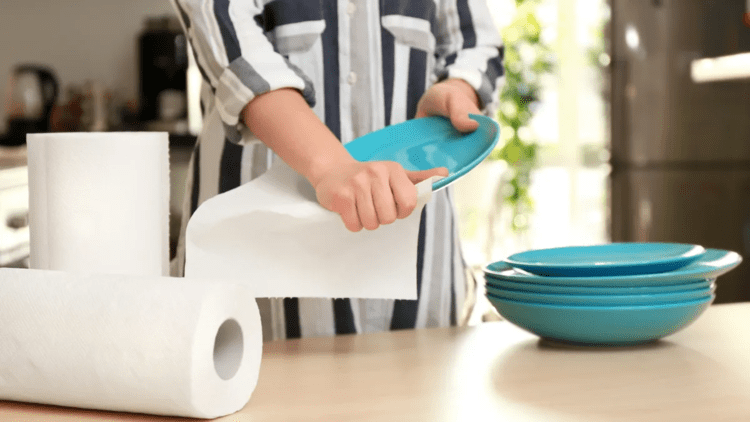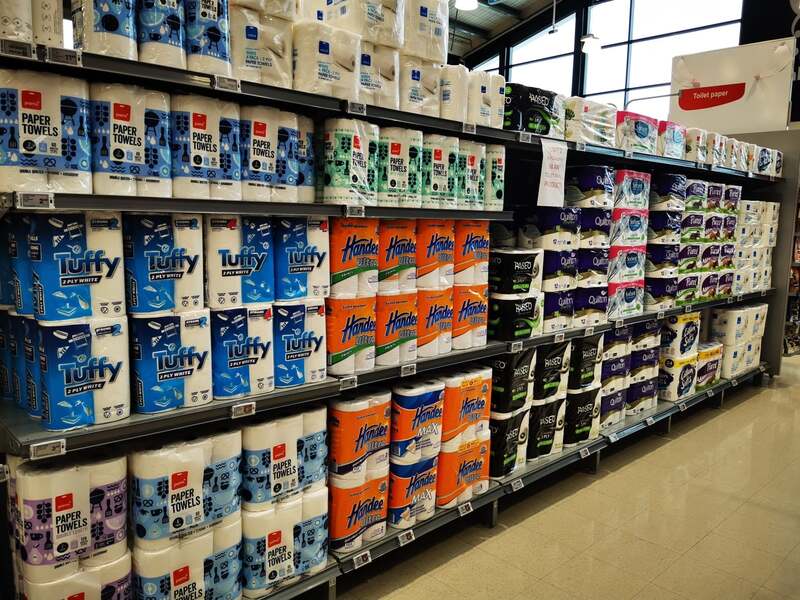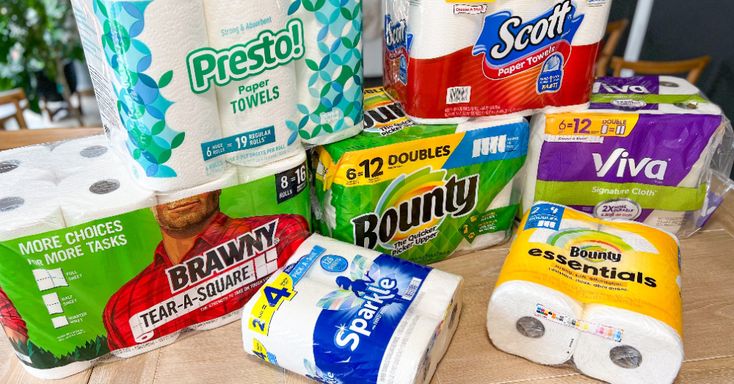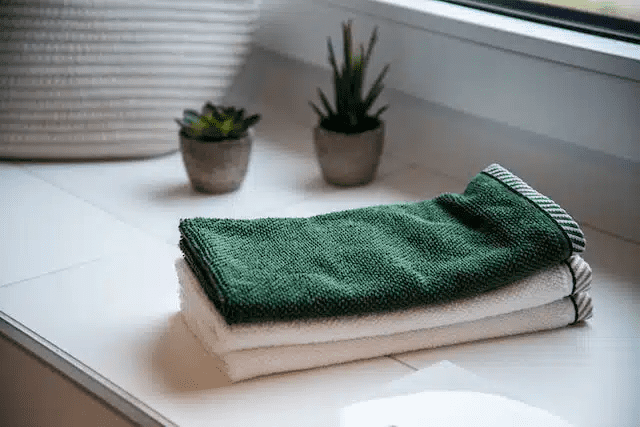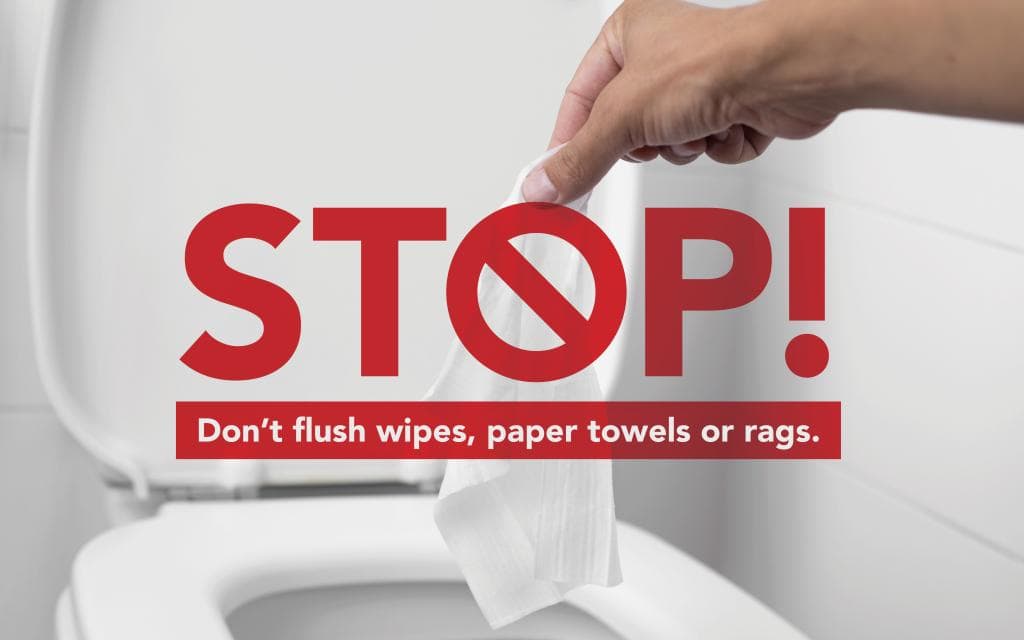What Are Kitchen Roll Paper Towels Bad for the Environment?
At first glance, the kitchen paper towels on your counter might not seem like a significant environmental threat. However, their journey from tree to home involves deforestation, water consumption, chemical use, and carbon emissions—factors that contribute significantly to environmental degradation.
Annually, 270 million trees are felled to meet the demand for kitchen paper towels, leading to a substantial carbon footprint with millions of metric tons of CO2 emissions throughout their lifecycle. This is compounded by increased consumption rates, which have escalated by 200% since the COVID-19 pandemic, making the sustainability of kitchen roll towels a pressing concern.
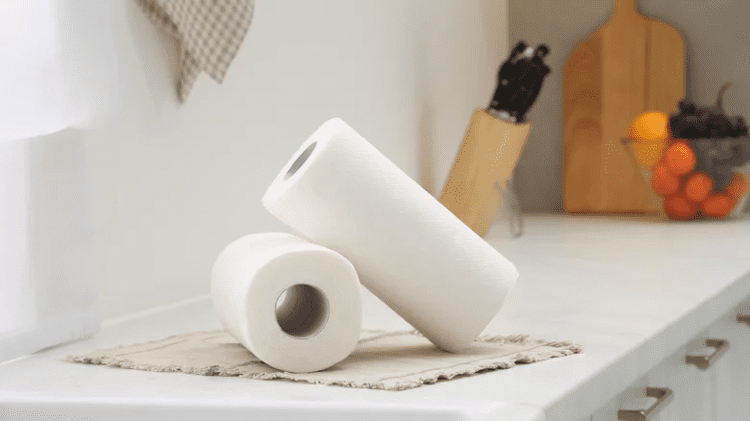
Environmental Impact
Deforestation and Carbon Emissions
The production of kitchen paper towels involves cutting down millions of trees, which destroys habitats and releases carbon dioxide, exacerbating climate change. The manufacturing process demands substantial water usage, with producing a single roll requiring over 10 liters of water.
Despite their convenience, the disposable nature of kitchen paper towels means they generate considerable waste, much of which ends up in landfills, contributing to methane emissions and waste management issues.
Understanding Kitchen Paper Towels
Kitchen paper towels, also known as kitchen roll towels or kitchen paper roll, are a household staple used for spills, cleaning surfaces, and drying hands. Made primarily from paper, they are designed for convenience and single use.
Terminology
While “kitchen roll” is common in British English, “paper towel” is used in American English. Regardless of the name, the product serves the same fundamental purposes.
Environmental Cost Breakdown
- Carbon Footprint
Each paper towel roll emits about 0.06 pounds of CO₂, but the industry’s total contribution is massive due to the lifecycle from production to disposal.
- Water Usage
One ton of kitchen paper towels requires thousands of gallons of water (75,700 liters). With millions of tons produced annually, the water footprint is enormous.
- Landfill Impact
Most kitchen paper towels end up in landfills where they take weeks to decompose. While they biodegrade faster than plastics, the volume of waste is a concern.
Annual Environmental Impact
Trees Cut Down (Annually): 27,000 (for paper products)
Water Used (Per Ton): 75,708 liters
Waste Generated (Annually): 7.58 billion pounds (paper towels)
Used kitchen towels often end up as contaminated waste, unfit for recycling, significantly contributing to landfill mass and methane emissions.
Top Producers and Consumers
Leading Production Countries
- United States: Extensive production with significant deforestation.
- China: Rapid industrial growth, major player in the market.
- Germany: High-quality production with substantial export.
- Japan and Sweden: Advanced manufacturing and sustainable practices.
Leading Consumption Countries
- United States: Highest per capita usage.
- United Kingdom and France: Significant consumption.
- Germany, Canada, and Australia: High usage due to lifestyle preferences.
Top Brands
- Brawny: Known for strength and durability.
- Plenty: Super absorbent, popular in the UK.
- Regina: Celebrated for quality in Italy.
- Scottex and Tork: Preferred for soft and effective towels in Spain and Europe.
- Bounty: Favored in the US for absorbency and strength.
Toxicity and Recycling
Paper towels are often bleached with chlorine, creating toxic by-products like dioxins. They may also contain Bisphenol A (BPA) and formaldehyde. Used kitchen paper towels roll are generally unsuitable for recycling due to contamination but the cardboard tubes are recyclable.
Biodegradability and Composting
Kitchen paper towels biodegrade, especially when exposed to moisture, taking 14 to 45 days in compost settings. However, only unsoiled or lightly soiled towels should be composted to avoid harmful chemical contamination.
Sustainable Alternatives
Reusable Options
- Reusable Cloths: Cost-effective, washable, and long-lasting.
- Bamboo Towels: Sustainable, biodegradable, and reusable up to 100 times.
- Swedish Dishcloths: Highly absorbent, compostable, and long-lasting.
- Microfiber Wipes: Efficient, reusable, and environmentally friendly.
- Cellulose-Based Towels: Compostable and made from renewable materials.
- Repurposed Items: Old T-shirts or newspapers for cleaning tasks.
Environmental Comparison
A single kitchen roll emits about 0.5 kg of CO2, which is higher than many everyday items. For example:
- 1 km Car Drive: 0.12 kg of CO2
- Cup of Coffee: 0.21 kg of CO2
- 1 Hour of TV: 0.04 kg of CO2
Key Statistics
- Global Consumption: The US spends approximately £4.3 billion annually on kitchen towels paper.
- Production: One ton of paper towels requires 17 trees and 76,000 liters of water.
- Waste: 254 million tons of paper towels discarded globally each year.
FAQs
1. Are Kitchen Towels Eco-Friendly?
Bamboo or recycled paper kitchen towels are more eco-friendly. Bamboo is biodegradable and has a lower environmental impact.
2. Are Paper Towels Harmful to the Environment?
Yes, due to deforestation, water waste, and greenhouse gas emissions. They often end up in landfills, releasing methane.
3. Do Kitchen Paper Towels Have a Higher Carbon Footprint Than Plastic?
The carbon footprint varies. Traditional kitchen paper roll from virgin paper have a higher footprint than recycled materials, while single-use plastic bags have a smaller footprint in production but are harmful if not disposed of properly.
By understanding the environmental impact and exploring sustainable alternatives, we can make more informed choices that contribute to a greener future.


